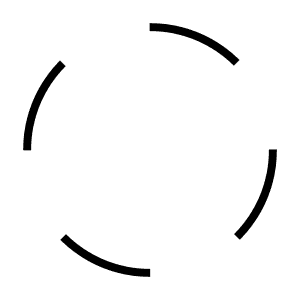"Poco a Poco, the first Ganelin CD released by Leo back in 1988, was reissued late last year in a limited edition of 500 copies. If you missed it the first time around, don’t make the same mistake twice; this is not only one of the group’s finest documents, but one of the most distinctive visions of post-’60s avant-garde jazz available. The disc presents a concert recorded in Novosibirsk in February 1978. The recording quality, as might be expected, is brittle and thin; these are, after all, “officially” unauthorized recordings. Still, it takes little effort to get used to the sound, and the quality of the performance far outweighs such a caveat.Ganelin’s music does not prove so very foreign to those with an affinity for the A.A.C.M., especially in its members’ multi-instrumentalism and theatricality, and the Dutch avant-garde, with which the Trio shares a particularly European brand of whimsy and an informed thumbing of the nose at tradition. Tarasov’s barreling drum assaults are reminiscent of Han Bennink’s similar outbursts, but, like Bennink, Tarasov is capable of delicacy and can also swing mightily. Ganelin conflates stride, boogie, modern classical pianism and post-Taylor tumult into an impressive arsenal perfectly suited to the band’s compression of decades of jazz history-and on occasion, native folk music-into the span of a show or even a single piece. And Chekasin, inscrutable and often seemingly detached, mines a vein not far removed from Roland Kirk or the Art Ensemble’s reedmen Poco a Poco captures a vivid suite (the pieces are titled “Poco 1” through “Poco 11”) that displays the band at its best, and if the element of visual theatricality is absent, it is scarcely missed. - Steve Smith"
"The Ganelin Trio in live performance must have been an impossibly seductive occasion. Most jazz life in the former Soviet Union centred around festivals which no doubt provided the usual opportunities for predictable caravans of musicians to practise their scales. The most important was the Autumn Rhythms Festival in Leningrad (present day St. Petersburg) where no band was invited to play two years in a row. The exception to the rule was always the Ganelin Trio. They played every year." - Steve Kulak
"Maybe not since the first Ornette Coleman records appeared has Western European jazz experienced quite such a shock of the totally unexpected as the Ganelin Trio produced." - The Wire
---
Vladimir Tarasov / drums, percussionVyacheslav Ganelin / piano, keyboards, dulcimer, guitarVladimir Chekasin / reeds, flute, ocarina, voice
---
Recorded live in Novosibirsk, February 1978. Remastered by Alan Mosley


















